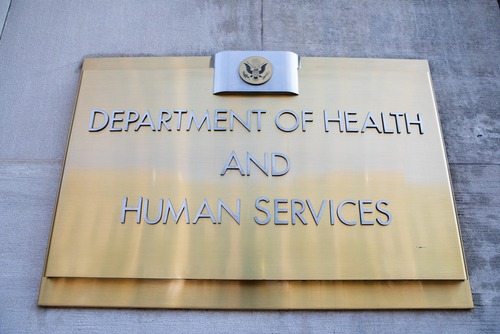
As part of ongoing efforts to increase COVID-19 test access, the U.S. Department of Health and Human Services (HHS) announced this week that it would trigger major investments into accelerating the regulatory pathway for at-home COVID-19 tests and hopes to revise the regulatory pathway overall.
In all, the department intends to invest $70 million into the effort, care of the American Rescue Plan Act. These funds will be focused on expanding numbers of and access to high-quality, at-home tests greenlit by the Food and Drug Administration (FDA). This effort will extend the National Institutes of Health’s (NIH) Rapid Acceleration of Diagnostics (RADx) initiative. Designated as the Independent Test Assessment Program, or ITAP, it will create a hastened path to aid FDA evaluation of tests with potential for large-scale manufacturing.
“Access to easy-to-use, affordable, and reliable COVID tests is key to bringing peace of mind to our families, especially as we approach winter,” HHS Secretary Xavier Becerra said. “Thanks to President Biden’s American Rescue Plan, we are boosting the supply of at-home tests and the number of test options for Americans nationwide. As we pursue our path out of this pandemic under President Biden, we will continue doing everything we can to keep people safe and healthy.”
HHS will work to identify manufacturers of high-quality tests and encourage them to bring those tests to the U.S. market, thereby increasing options and potentially lowering costs along the way. Together with colleagues in the FDA, NIH, and Centers for Disease Control and Prevention (CDC), HHS experts will undertake studies of over-the-counter tests and compile data from companies to gather the performance benchmarks needed for regulatory submission. The NIH will offer independent lab and clinical data to the FDA for test manufacturers capable of scaling up quickly as part of this process.
Supposing all goes well, the FDA could then use all that information to grant emergency use authorization to tests in question, streamlining the process at large.
At the same time, the FDA intends to further streamline the regulatory pathway for over-the-counter at-home tests through a mix of recommended labeling updates. Now, developers of serial tests for symptomatic individuals will be able to request authorization for single-use testing for symptomatic individuals without submitting additional data first, meaning pharmacies would be able, for example, to sell tests in singles, two-packs, or otherwise, for varying prices.
“These actions demonstrate our continued commitment and flexibility to providing a streamlined approach to developers to increase the availability of rapid at-home tests,” Dr. Jeff Shuren, director of the FDA’s Center for Devices and Radiological Health, said. “We will continue to work with developers and our government colleagues to ensure the public has access to accurate and reliable tests they can count on while also increasing access and availability.”




